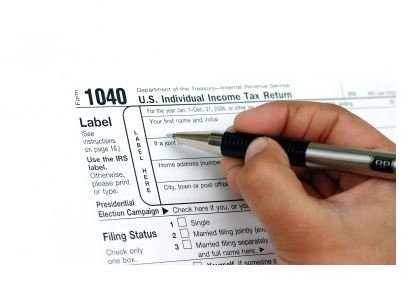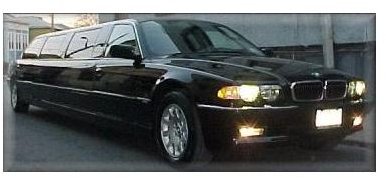A Guide to Tax Deductions for Self Employed Limousine Drivers
Persons who run their own business are considered self-employed. There are several types of self-employed positions; one such position is the limousine driver. Self-employed limousine drivers are similar to taxi drivers in regards to licensing and specific regulations they follow. There are also similar tax deductions allowed by the IRS. These deductions cover a range of costs and fall into four main categories.
Vehicle Related Deductions
Many tax deductions for self-employed limousine drivers are vehicle related. If you own the vehicle you need to keep it legal to be on the road; deductions in this area include registration, inspections and insurance. If you lease the limo, you can still deduct the lease as part of operating expenses as well as the gas and maintenance.
Financial Deductions
Permits, licenses and fees can be tax deductions for self employed limousine drivers. Like taxi drivers, limousine drivers require a special license in many states such as New York; in some larger cities they also require special permits to operate within the city limits such as New York or Los Angeles. Any payments made to licensing authorities are considered a business expense.
Expenses
Food, hotel rooms or other expenses incurred for certain jobs may be deductible. If an overnight stay is included during a job, you may be allowed to deduct the cost of the hotel room and reasonable food purchases. This works only when the client has not agreed to pay for such items. Receipts will be needed to back up the deductions. Mileage may also be included if you must travel to or from an assignment.
Other Deductions
Business cards, flyers or posters on various locations count as advertising, which is deductible. If you use a room as an office, the portion of utilities used in that room are deductible. Office equipment may also be deductible if you show they are needed for the operation of your service. As of 2010, self-employed health insurance premiums are also deductible.
Considerations
According to the Internal Revenue Service (IRS) a self-employed person is one who sets their own schedule, pricing, and completion time. If you have your schedule set by another person or dispatcher, have rates set by another company, or receive jobs where you are considered an employee you are not considered to be self-employed.

Determine if you are in fact self-employed as a limousine driver or working as an employee first. Then take a look at all of your expenses. Once you have identified these you can begin calculating the deductions that you may be eligible for from the IRS. Use Schedule C of Form 1040 to file for tax deductions for self employed limousine drivers. Make sure you have proper records of your expenses including receipts and account statements as proof of the deductions you are taking.
References
- IRS Publication 505 - https://www.irs.gov/pub/irs-pdf/p505.pdf
- IRS Form Schedule C - https://www.irs.gov/pub/irs-pdf/f1040sc.pdf
- IRS Article on Self-Employment Tax - https://www.irs.gov/businesses/small/article/0,,id=98846,00.html
Image Credits:
- Limousine (Wikimedia Commons)
- 1040 Form (Freedigitalphotos)
